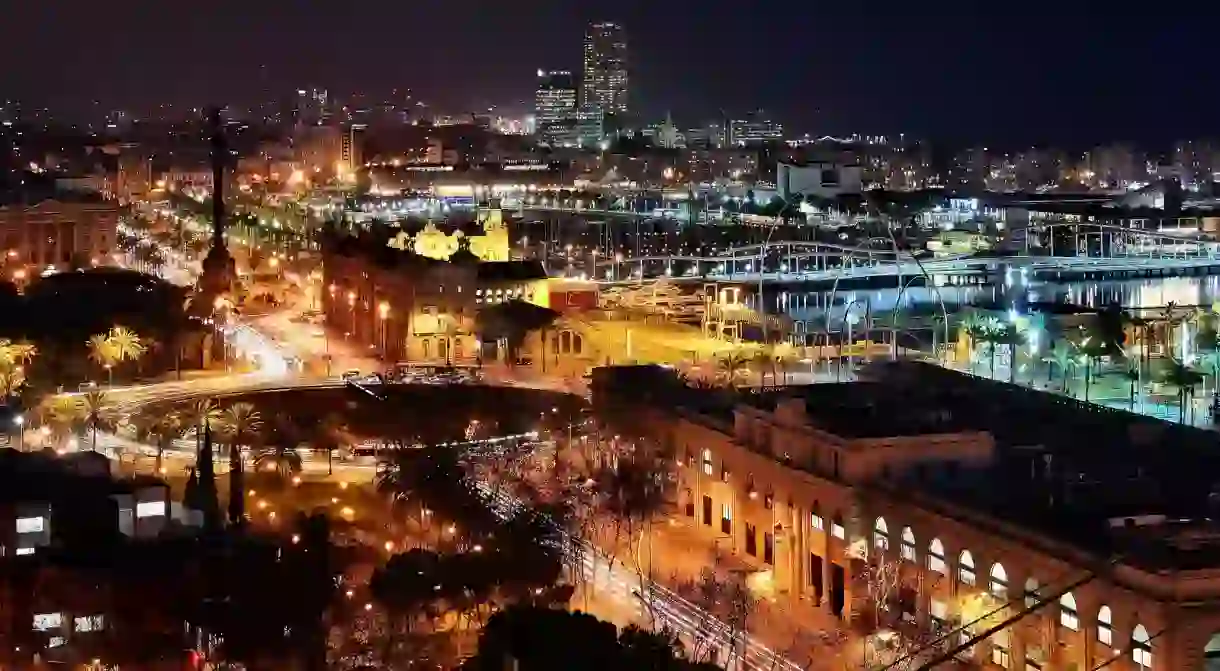10 Monumental Dates That Changed the History of Barcelona

There are moments in life which, for better or for worst, change the course of a place’s history. For a city of its size and status, it’s no surprise that Barcelona has had its fair share of ups and downs. From foundation to invasion and demolition to expansion, these are some of the most defining moments in Barcelona’s history.
Circa 14 AD
Although there are traces of dwellings in the area dating back to around 5000 BC, the year 14 AD marks the official name of Barcino under the rule of Caesar Augustus. Barcelona is born.
Circa 801 AD
Invaded by the Moors around 720 AD, Barcelona was captured by the Carolingians, based in present-day France, in 801. The Carolingian king created the title of Count of Barcelona, initially a royal administrator; the role later became a hereditary one, and allegiance to the Carolingians dwindled.

September 11, 1714
Marked each year across Catalonia, ‘La Diada’ commemorates the capitulation of the city of Barcelona to the Bourbon King Philip of Spain. September 11th is mostly seen as the date on which Catalonia lost its independence, as many of its rights to self-rule, including its constitution, were abolished.
February 3, 1753
Under occupation of the Bourbon troupes, Barcelona’s residents resist the Bourbon forces who decide to build a large fortress in the Ciutadella Park, displacing thousands of residents. As a result, a new neighbourhood was to be erected by the sea, and in February 1753, construction began on the Barceloneta quarter.

May 20, 1888
This day marks the first day of the Barcelona Universal Exhibition of 1888, a world fair which brought radical change to the city’s layout and infrastructure, including the demolition of the aforementioned fortress in Ciutadella Park. Other additions included the Arc de Triomf and the Columbus monument at the bottom of the Ramblas.
July 18, 1922
On this day, the Catalan politician Francesc Macià founded Estat Català – the first pro-independence political party in Catalonia and the oldest active party to date. Although some Catalans harboured the desire to regain political autonomy since the defeat in 1714, this was the first time a political party formally adopted that wish.
May 20, 1929
On this day, the city celebrated the opening of the second world fair to take place here, the 1929 International Exhibition. Just like the first, the 1929 event brought large-scale modernisation to the city and architectural innovation in particular. The Montjuïc area received the National Palace of Catalonia, the Plaça d’Espanya monuments and, of course, the iconic Magic Fountain.

July 21, 1936
Founded just days after the outbreak of the Spanish Civil War, Revolutionary Catalonia was the part of Catalonia ruled by an alliance of anarchist, socialist and communist forces. Together they introduced measures such as collective farming and worker-run factories. To this day, the anarchist tradition remains very much alive across Barcelona and Catalonia.
January 26, 1939
Just three months before the official end of the Spanish civil war, having held out for three harrowing years, Barcelona was defeated by the Nationalist army of General Franco on January 26, 1939. He remained in power until his death in 1975.

October 17, 1986
October 17, 1986, was the day that Barcelona was awarded the right to host the 1992 Olympic Games – an event which is largely considered a turning point in the city’s modern history. The infrastructural improvements and urban planning that took place ahead of the games helped transform the city into the global tourist destination that it is today.














